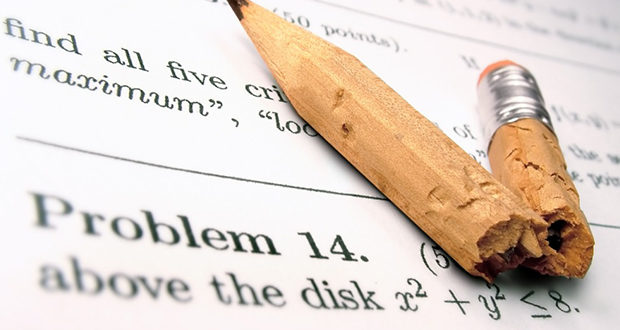While the recent Centre for Independents Studies (CIS) analysis of how universities are “failing” to equip maths teachers with the basics in instructionist/explicit teaching techniques whipped up some criticism, the report’s authors defend its strong evidence-base, research design and and solution-focussed outlook.
Education and youth minister Alan Tudge responded, indicating that he agreed with the report's findings, but there were a number of expert detractors.
Dr Dung Tran, Associate Professor Michael Cavanagh and Professor Rebecca Bull are based at Macquarie University and work in the fields of mathematics education, curriculum, pre-service mathematics teaching and cognitive skills development.
"We question the report’s claim of an ideological preference for ‘constructivist’ teaching practices, as though there is no experimental evidence for the positive outcomes of such an approach," they say.
"The report needed to take a broader view of what teacher education students learn throughout their initial teacher education courses. For example, all teacher education students at Macquarie complete a unit where they are taught about explicit instruction to support diverse student learning."
Another point CIS research fellow in education policy Dr Glenn Fahey expressed was there has been a shift from instructivist teaching approaches to constructivist ones in the last thirty years, which he attributes to academics.
And while the debate over how to teach maths has been heating up for some time, the co-author of the report said a “mathematics war” of sorts may soon emerge soon, something akin to the “reading wars” that has pervaded classroom practice and reading research for roughly 30 years.
During the recent webinar, Education Review asked Fahey why Finland (which has been the darling of international test scores in the past and is regularly praised as a kind educational Nirvana), dropped the most of all countries in mathematics in the latest PISA test, performing worse than Australia.
Fahey responded by emphasising that Finland's education system is student-centred, student-led and relies heavily on inquiry or cooperative learning – what a group of students can bring from their own world’s of experience and knowledge to solve a problem. The crux of this argument, however, is that with no stable reference point such as the teacher’s explicit instruction, key knowledge and skills can be missed (particularly in the early years) and educational gaps can open up.
On the other side of the world, Fahey and his team of researchers are aware of strong mathematics results being achieved in some Asian countries, particularly Singapore. Education Review asked why that and other countries' results have risen steeply, and Fahey summed it up as their students possessing great memory and recall skills, as well as a keen attitude towards learning and a respectful relationship towards their teacher.
"Australian student achievement has declined more steeply and more consistently than almost any other country, most notably in mathematics. At the same time, it’s clear that maths is now more critical than ever, to the success of students – both at school and beyond,” Fahey said.
The CIS education expert and research fellow argues “significant policy reform” is required to reverse these troubling results, which could include ideas as varied as inspectors, teacher mentors and complete overhauls of ITE programs.
“How do we improve our declining maths performance? How do we apply lessons from the 'reading wars' to the maths context? How do we develop a better understanding of learning difficulties in mathematics? And, how can we ensure an evidence-based approach is taken to improve outcomes?"
Do you have an idea for a story?Email [email protected]
 Education Review The latest in education news
Education Review The latest in education news
